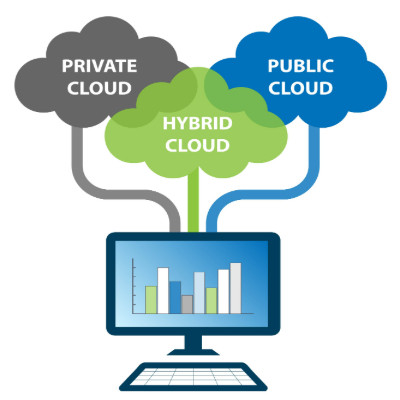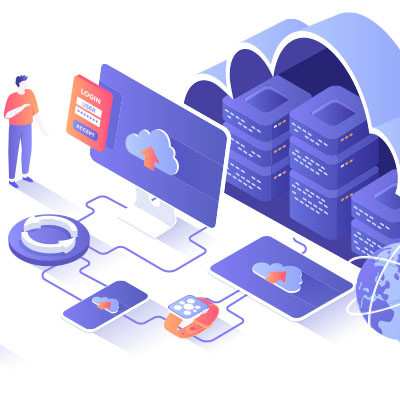We’ve all been there: frustrated by the difficulty of installing new software, dealing with licenses that suddenly expire, or constantly needing to upgrade outdated tools just to keep them running. These are classic headaches that come with buying and owning software licenses. Thankfully, there’s a much smarter way to handle things: Software as a Service, or SaaS.
BlackCSI Blog
Businesses tend to strive for agility, meaning that they want to make changes quickly and effectively as their needs change. Technology often holds them back from making these changes. You can bypass this roadblock through the MACH architecture framework, a way to build a flexible, scalable, and future-ready IT infrastructure to suit your business’ needs.
One of the most significant advantages of operating as a small or medium-sized business is that you can provide more personalized attention to your customers, unlike larger enterprises and corporations. However, you need the right tools to make these interactions as effective as possible. With the right customer relationship management tool, or CRM, your business can dramatically improve sales, marketing efforts, and customer satisfaction.
How much does your business currently rely on the cloud? There are loads of ways to use it, but the best way is to find what works for your business, then double down on it according to your company’s specific needs. We’re looking at how the type of cloud can impact the way your business uses this flexible asset.
Cloud computing is one of the most powerful technologies that has emerged over the past few decades. It has shifted how individuals and companies access resources, manage data, and store information. With the opportunities to scale online vastly expanding, businesses that want to make the most of their technology can turn to the cloud to save money and improve operations.
Businesses have done incredible things with the cloud, regardless of their chosen industries, sizes, and scopes. In particular, they have innovated to create opportunities for scaling growth and operations. How can your organization do the same? We want to help you implement a cloud solution that addresses all of your pain points. To do this, you can start by learning more about the differences between the public, private, and hybrid cloud solutions available to you.
The cloud is a remarkable innovation that can enable businesses of all industries and sizes to revolutionize their operations. Have you considered the cloud for some of your business’ infrastructure? If not, you could be missing out on serious operational benefits that could push your company even further. Here are four of the best benefits of cloud computing that we can think of for a modern business.
Virtualizing your business’ software is pretty much just keeping it in an online environment, as compared to your own network infrastructure. This means that it lives in the cloud, delivered to you through the Internet. This approach has proved fortuitous for a great many businesses, so it only stands to reason that virtualizing hardware is a reasonable next step.
How much time does your business invest in software and its management? There are some that you can’t really go without, like email solutions and productivity suites, but you might have other specialized software that also requires attention. When you acquire new software, you can either go the traditional route or you can go the Software-as-a-Service route. Which path is the best choice for your business?
If you have the money, purchasing your own computing infrastructure isn’t an issue. Unfortunately, these systems cost tens of thousands of dollars and that is before you start compiling workstations. This week, we’d like to discuss the pros and cons of incorporating some cloud computing resources into your network infrastructure and if they can save you money.
Let’s face it… “government” and “innovation” aren’t usually associated with one another. Despite the finances that these organizations have, these funds are generally spoken for (on top of not always being used as efficiently as they could be). However, some government operations have started embracing cloud services, which has led to benefits for their entire communities.
How often do you look at your email solution and think, “Wow, managing this thing takes up so much of our time. What would it be like to take that time and apply it elsewhere?” Today, businesses have all kinds of options for managing their email communications, one of which is email hosting provided through a managed service provider.
Relying on remote workers was always scary for a lot of businesses; particularly small businesses. The fear stems from a lack of control, whether it be monitoring security or productivity. This is why, before the pandemic, you saw a lot of businesses limit or disallow the practice completely. Today, however, most organizations have a completely different view of remote work. It literally saved many businesses.
Cloud computing is a major player in the way that businesses are approaching their daily operations. This might bring into question whether or not your organization is actually using the cloud in the first place, but one thing is certain--if you haven’t implemented the cloud yet, it’s difficult to not do so, especially considering how great it can be for your company.















